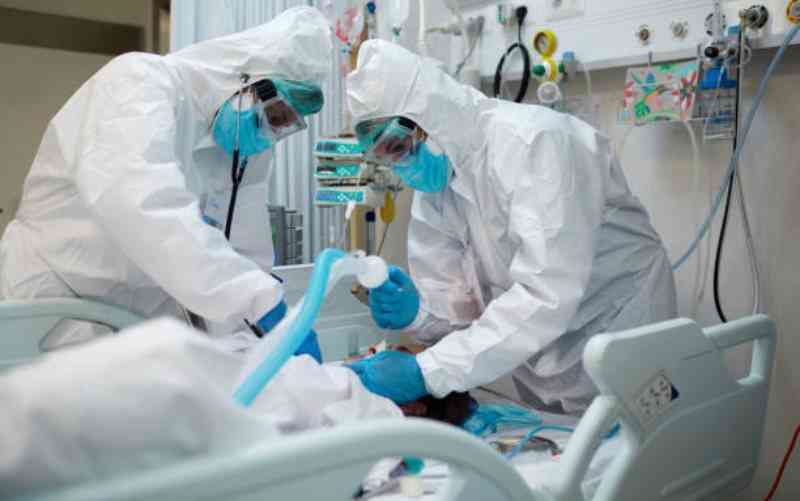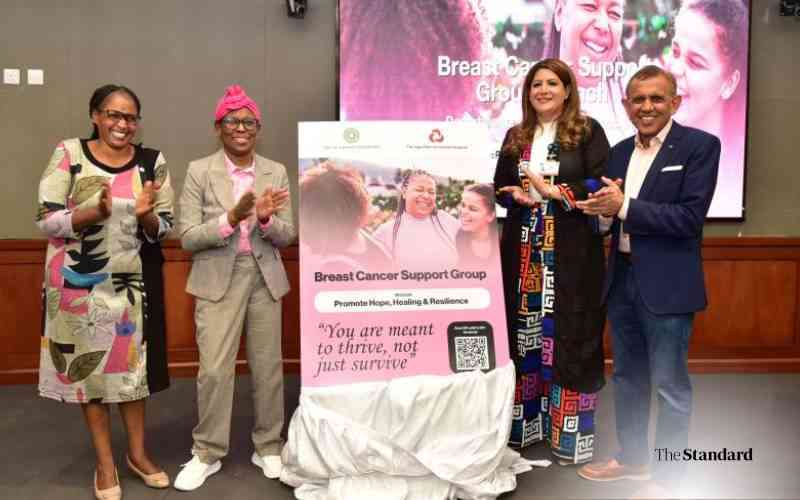By Bernard Muthaka
The houses in Kibera are packed so tightly that many residents can only access their homes on foot. Streams of black ooze line the alleys, and apart from the low eaves of jagged corrugated iron that you have to watch out for as you approach a house, you should be also careful not to step on the plastic bags that litter the place.
Kibera is referred to as an “informal” settlement, meaning that it does not officially exist. As a result, the Government provides no basic services, no schools, no hospital, no electricity, no running water and a few public latrines.
At night nobody wants to risk using the dark pathways to the latrines, so everyone resorts to the “flying toilet”, a plastic bag that is then cast far from their doorway. This explains the many plastic bags outside most houses.
Warning
In such circumstances, some responsible parent might try to warn their children: “If you defecate in the open you will not grow tall.”
Health experts, however, now say there might be a scientific connection between open defecation and stunting.
For some time, researchers studying height have observed an apparent paradox: While it is generally known that economic well-being is associated with growth in height, the situation in some developing countries has not conformed to this trend.
In particular, children in India are shorter on average than children in Sub-Saharan Africa, even though Indians are richer on average.
In a study published by the World Bank’s Water and Sanitation Programme, the author says open defecation exposes children to germs, which in turn reduce their ability to absorb nutrients, resulting in malnutrition, stunting and cognitive problems.
Health experts are unanimous that physical height is related to human capital and health and is a predictor of economic productivity. The height limit on children in India has come to be known as the ‘Asian enigma’.
While stunting has at times been seen as a consequence of malnutrition thus implying that the solution would be to provide more food, the new study’s results suggest that an unwholesome environment is an important cause of malnutrition.
Stunting is common even among relatively well-off families in India. However, it has also been observed that widespread Indian stunting is not due to genetics, because Indian babies who move to developed countries in early life grow much taller. “India, with some of the world’s worst stunting, also has one of the very highest rates of open defecation, with more than half of the Indian population does not use any toilet or latrine,” says the study. According to the report, repeated faecal contamination increases the small intestine’s permeability to pathogens while reducing nutrient absorption, leading to malnutrition and where population density is high, open defecation creates a special risk of stunting for children.
“The number of people defecating openly per square kilometre linearly explains 65 per cent of international variation in child height,” says the report.
According to UNICEF estimates, close to one in every four people in developing countries openly defecate without using any toilet or latrine. Experts say countries where many people defecate openly are the same countries where the most children are stunted.
The World Bank study says the association between child height and open defecation was not affected even when other factors were taken into consideration, including female literacy, breast-feeding and availability of water or electrification.
 The Standard Group Plc is a multi-media organization with investments in media platforms spanning newspaper print
operations, television, radio broadcasting, digital and online services. The Standard Group is recognized as a
leading multi-media house in Kenya with a key influence in matters of national and international interest.
The Standard Group Plc is a multi-media organization with investments in media platforms spanning newspaper print
operations, television, radio broadcasting, digital and online services. The Standard Group is recognized as a
leading multi-media house in Kenya with a key influence in matters of national and international interest.











